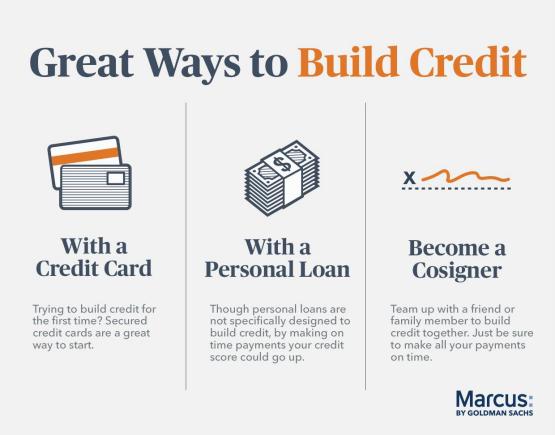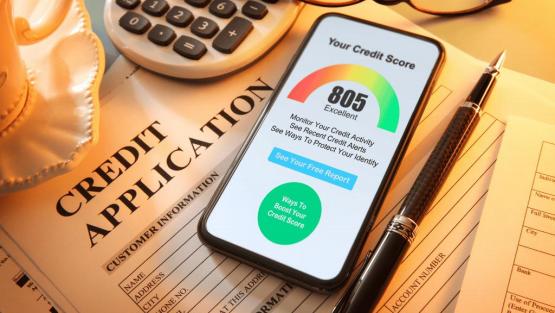
Having good credit is an important aspect of your long-term financial security and most importantly, in achieving that loan, those lower interest rates, or other advantages which require a good record of credit. Many do not know what to do first if he or she does not even have much, or any kind of, credit history. This guide will lead you step-by-step to the best, most sustainable ways of the building of good credit.
Start with a Secured Credit Card
For new users of credit, secured cards would be a preferable starting point. Secured cards require a cash deposit to open the account; the deposit usually serves as the credit limit, and because secured cards involve considerably more risk for lenders than an unsecured card would, it is easier to secure for those with poor credit or no credit. Report to all three credit reporting bureaus: Experian, Equifax and TransUnion. Your behavior towards responsible usage reflects the score in your credit. Use the card frequently and pay off every month to avoid compound interest from piling up, hence showing responsible usage. Secured cards build credit without leaving you highly in debt. Once your score improves, you are probably eligible for an unsecured (traditional) credit card with better terms.
Pay all your bills on time:
It pays all bills on time, not just credit accounts, such as utilities or rent, builds credit. Any late payment or missed payments will reflect on your credit report for up to seven years, which would significantly affect your credit score. Most scoring models of credit, like FICO, consider payment history quite seriously. Paying in time consistently is one of the best ways to build a good credit profile. This helps you always remain up to date on the payment of your bills. Certain rent payment services now report to the credit bureaus, and this means keeping up to date on the payment of your rent shall create positive entries into your report.
Use Credit Responsibly

This, on the other hand is utilization, which refers to a ratio of how much percentage of your credit you actually utilize. It stands on 30% at lower on your total limit credit. For instance, with the credit card used holding a $1,000 limit, you maintain its balance below $300. Utilization ratios so low always indicate prudent over-managements of credits. For you to keep it low in case you have less credit, pay your balance several times in a month. If you made some purchases within a week make sure you pay immediately, hence not incurring interests.
Diversify Your Credit Accounts
It allows lenders to view a blend of credit types on an account, such as credit cards, installment loans, and retail accounts. This doesn't mean you should open multiple accounts at once. However, opening accounts and managing multiple types of credit is a good sign of responsible credit management. If you already have a credit card, you can take a small personal loan or auto loan. You should only take loans you can handle comfortably since responsible debt management is part of building a good credit score.
Check Your Credit Report Regularly
Monitoring your credit report lets you see yourself and catch mistakes that would bring down your score. You can get a free report from the three major credit bureaus every year from AnnualCredit Report.com: that way you can check that everything being reported about you is correct and nobody has been acting on your account without permission. In case you detect that there are some mistakes such as late payments you never had, or accounts you cannot identify, you dispute them to the credit bureau. Inaccurate negative information tends to be removed and you get a better score.
Avoid submit more than one credit application at once.

The creditor performs a "hard inquiry" on your credit record each time you request for credit, which a little reduces your score. Apply for several credit accounts in a short amount of time may give creditors an idea that you are in financial hardship, which would further reduce your credit score. To avoid this, **only apply for credit when necessary, and space out applications if possible.
Be Patient and Consistent
It takes time and constant work to build good credit. You will then have established a credit history, which means you can show lenders you are trustworthy. Consistently paying bills on time, keeping your balances low, and having various credit types responsibly will be a goal.
Conclusion:
It so happens that quick fixes to enhance credit are in high demand, but a gradual and disciplined process shall surely yield good credit profile. Good credit means giving you easier access to loans, favorable rates, and better financial opportunities and forms good essence for helping you realize your financial future goals.



